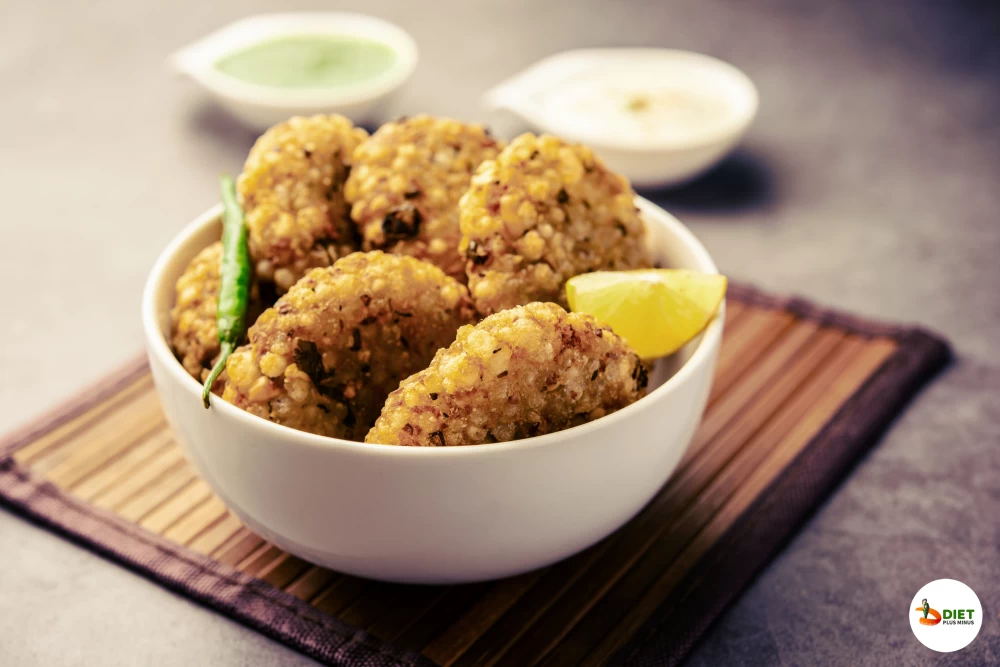
- 5th October 2024
Table of Contents
- 1. Overeating Fried Fasting Foods
- 2. Too Much Sabudana (Tapioca Pearls)
- 3. Skipping Vegetables and Fruits
- 4. Consuming Too Much Sugar
- 5. Mindless Snacking on Dry Fruits
- 6. Skipping Meals
- 7. Choosing the Wrong Cooking Oil
- 8. Lack of Physical Activity
- 9. Not Drinking Enough Water
- How to Avoid Weight Gain During Navratri Fasting
Navratri is not only a time for spiritual reflection but also a chance for many to detox and reset their bodies. However, despite fasting, you might notice unwanted weight gain instead of losing those extra pounds. How does this happen? Well, certain mistakes during Navratri fasting can lead to increased calorie intake and even unhealthy habits. Let’s dive into the 9 common mistakes that can cause weight gain during Navratri fasting and how to avoid them!
1. Overeating Fried Fasting Foods
.webp)
While it's tempting to indulge in crispy, fried kuttu puris, sabudana vadas, and potato chips, they’re loaded with unhealthy fats. Consuming too many fried foods during fasting not only adds extra calories but also hampers digestion, leading to bloating and weight gain. Opt for roasted or baked alternatives instead.
2. Too Much Sabudana (Tapioca Pearls)
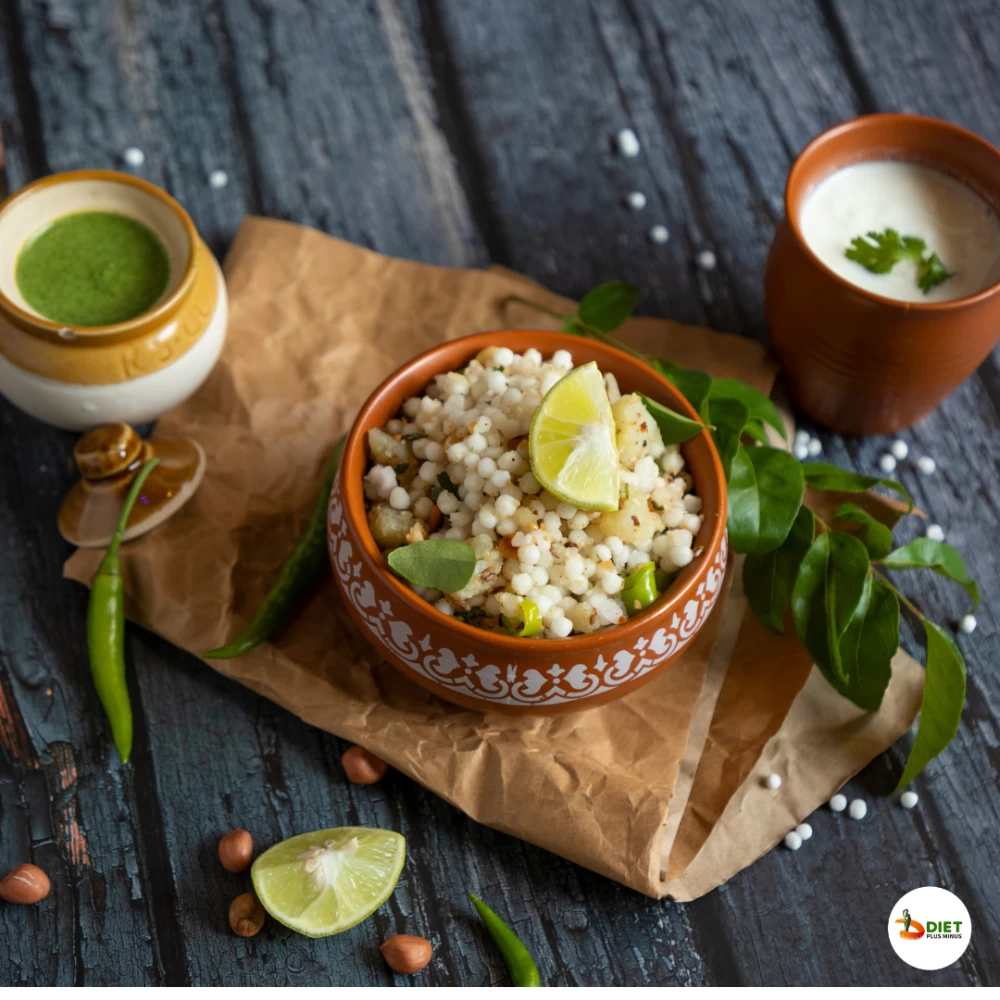
Sabudana is a staple during Navratri, but it’s also high in carbohydrates and calories. Eating large portions of sabudana khichdi or vadas without moderation can lead to a calorie surplus. Stick to controlled portions and balance it with protein-rich ingredients like peanuts.
3. Skipping Vegetables and Fruits
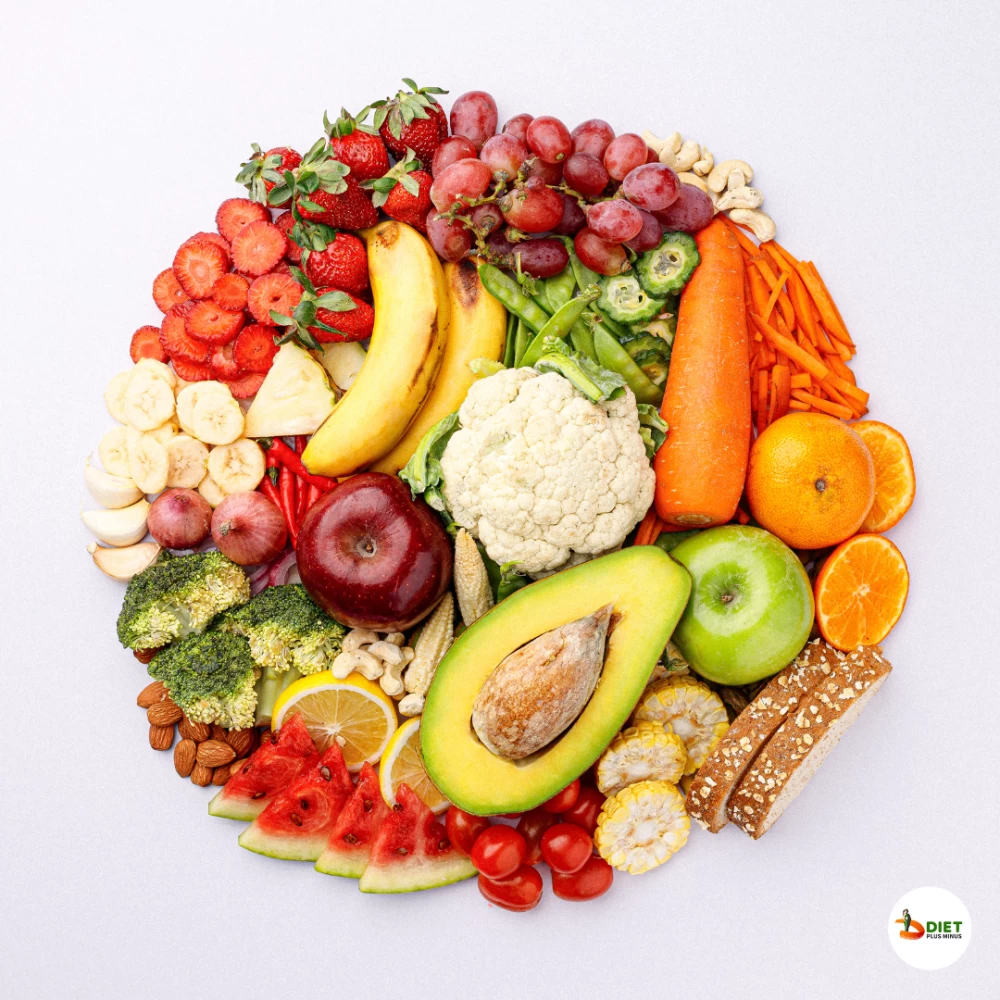
Many people focus only on traditional fasting foods like potatoes and sabudana, neglecting fresh fruits and vegetables. This imbalance can lead to poor nutrition and overeating starchy foods. Include fresh fruits, cucumber, tomatoes, and leafy greens to add fiber, which will help you feel full and avoid overeating.
4. Consuming Too Much Sugar
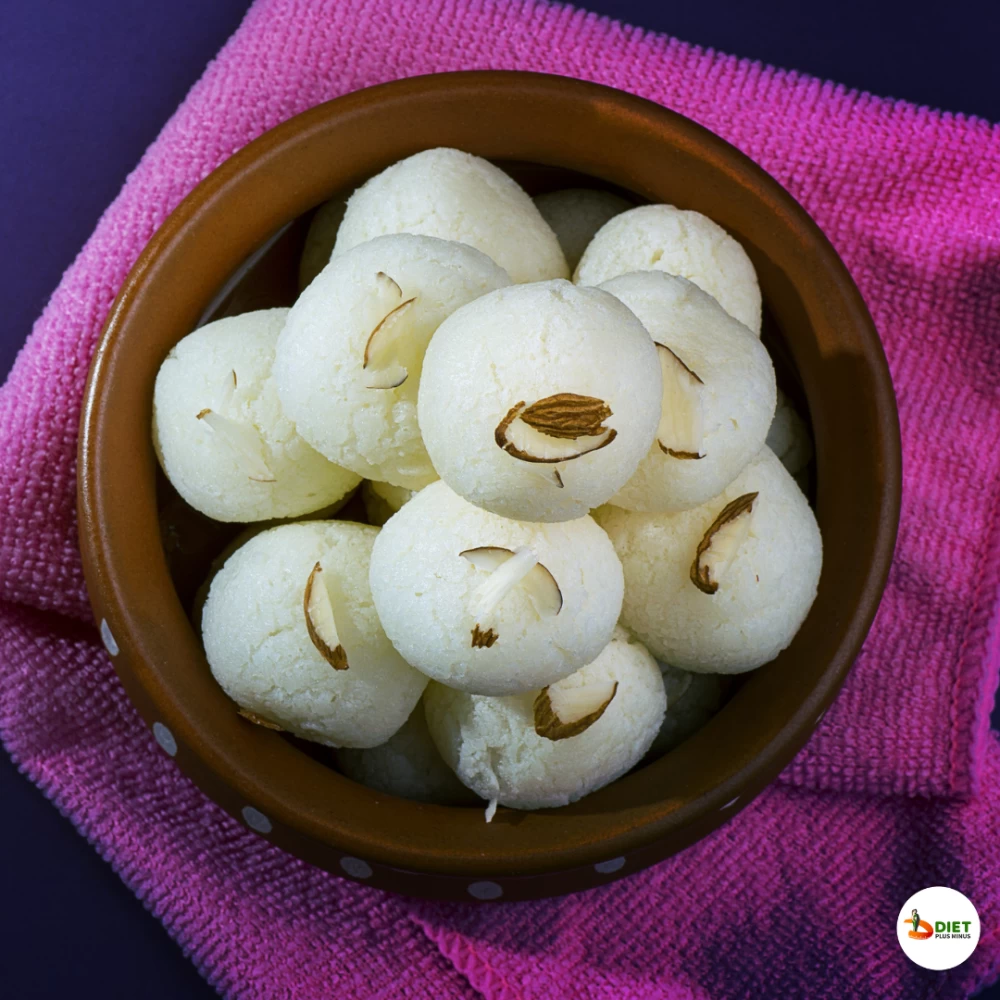
From sweets made with sugar and jaggery to sweetened drinks like sherbets and sugary tea, consuming too much sugar during fasting is a common mistake. This leads to excess calorie consumption and spikes in blood sugar levels, contributing to weight gain. Opt for natural sweeteners like fruits or a dash of honey in moderation.
5. Mindless Snacking on Dry Fruits
.webp)
While dry fruits like almonds, cashews, and raisins are considered healthy, eating them in large quantities can lead to consuming more calories than you realize. A small handful is enough to provide the necessary nutrients without overloading your body with calories. Stick to portion control when it comes to dry fruits.
6. Skipping Meals
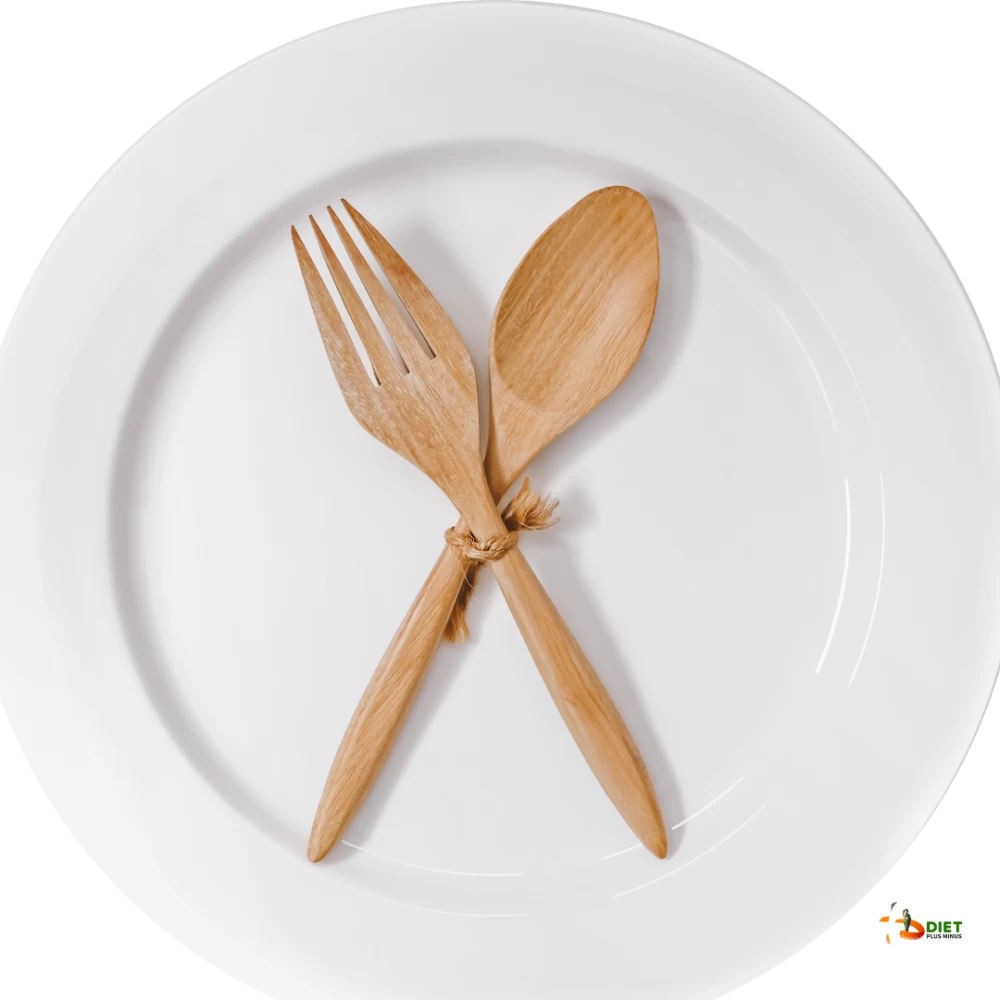
Skipping meals thinking it’ll help in weight loss can backfire, as it often leads to overeating during the next meal. Skipping meals lowers your metabolism and leaves you feeling fatigued, which can cause your body to hold onto fat. Try eating small, balanced meals throughout the day to keep your energy levels stable and metabolism active.
7. Choosing the Wrong Cooking Oil

Many people use refined oils for frying or cooking fasting foods, which is unhealthy and calorie-dense. Refined oils contain trans fats that can lead to weight gain and increase cholesterol levels. Instead, switch to healthier fats like desi ghee or cold-pressed coconut oil, which are better for digestion and provide essential nutrients.
8. Lack of Physical Activity

Fasting often results in a reduced physical activity level due to low energy. However, avoiding any form of exercise during Navratri can lead to weight gain since you're not burning the calories you consume. Engage in light activities like walking or yoga to keep your body active and maintain a healthy balance.
9. Not Drinking Enough Water

During Navratri, people often forget to drink enough water, focusing more on food. Dehydration can slow down metabolism, causing weight gain, and it can also make you mistake thirst for hunger, leading to overeating. Ensure you drink plenty of water throughout the day, or include hydrating drinks like coconut water and lemon water.
How to Avoid Weight Gain During Navratri Fasting
- Balance Your Meals: Include a mix of fruits, vegetables, and fiber-rich foods along with your fasting staples.
- Stay Active: Incorporate light physical activity like walking or yoga to keep your metabolism in check.
- Watch Your Portions: Even fasting-friendly foods can add up in calories, so be mindful of your portions.
- Avoid Fried Foods: Opt for roasted, grilled, or steamed options instead of deep-fried dishes.
- Stay Hydrated: Drink plenty of water or hydrating drinks to stay refreshed and curb unnecessary snacking.
With a little mindfulness, you can enjoy the festivities and your fast without worrying about weight gain. Balance is key—so make sure you keep your meals nutritious and your body active!














